14 Ways To Keep Your Valuables Safe On The Go
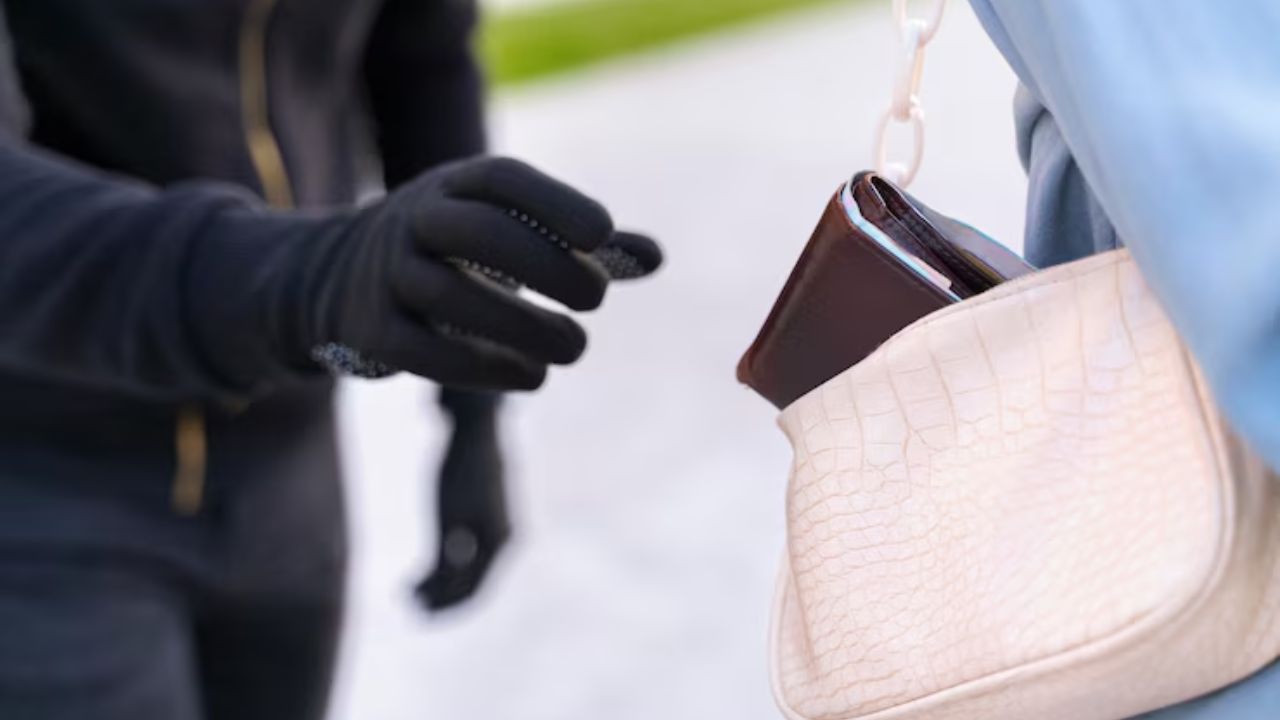
Traveling brings adventure, but it also comes with risks, especially when it comes to protecting your valuables. From crowded city streets to remote hostels, keeping your cash, cards, and documents safe requires a mix of preparation, awareness, and smart habits. Whether you’re heading out on a weekend getaway or a months-long journey, these 14 tips will help you stay secure and stress-free every step of the way.
Keep Valuables Close and Secure
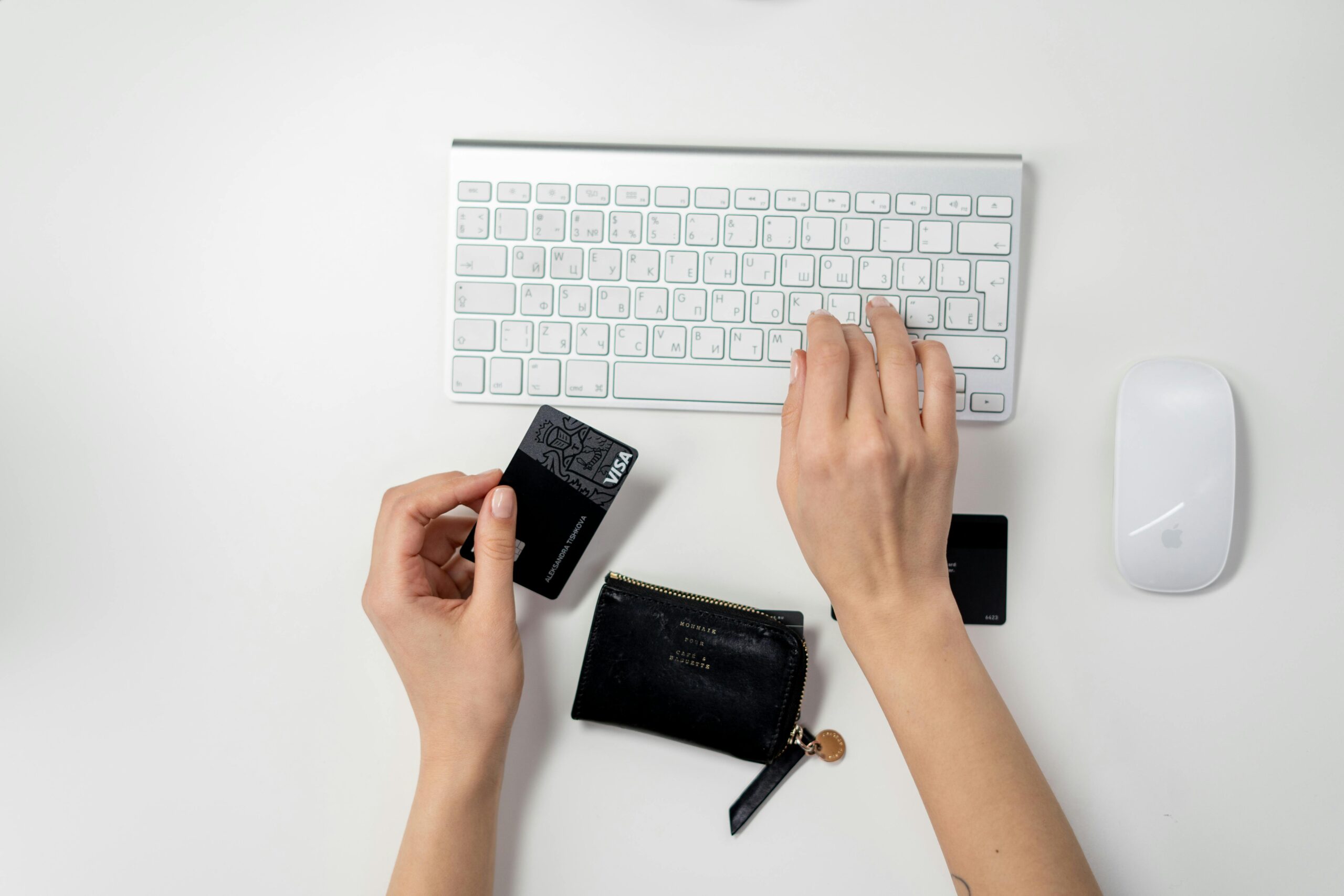
To avoid theft while traveling, always keep your essentials close to your body. Cross-body bags worn in front are a smart choice, especially those with lockable or hidden zippers. Consider anti-theft bags that feature slash-resistant straps and RFID-blocking compartments. For added security, use money belts, neck pouches, or hidden pockets sewn into your clothing. These discreet options make it harder for pickpockets to reach your valuables, especially in crowded places. The goal is simple—make access difficult, and always stay aware of your belongings.
Use Locks and Zippers
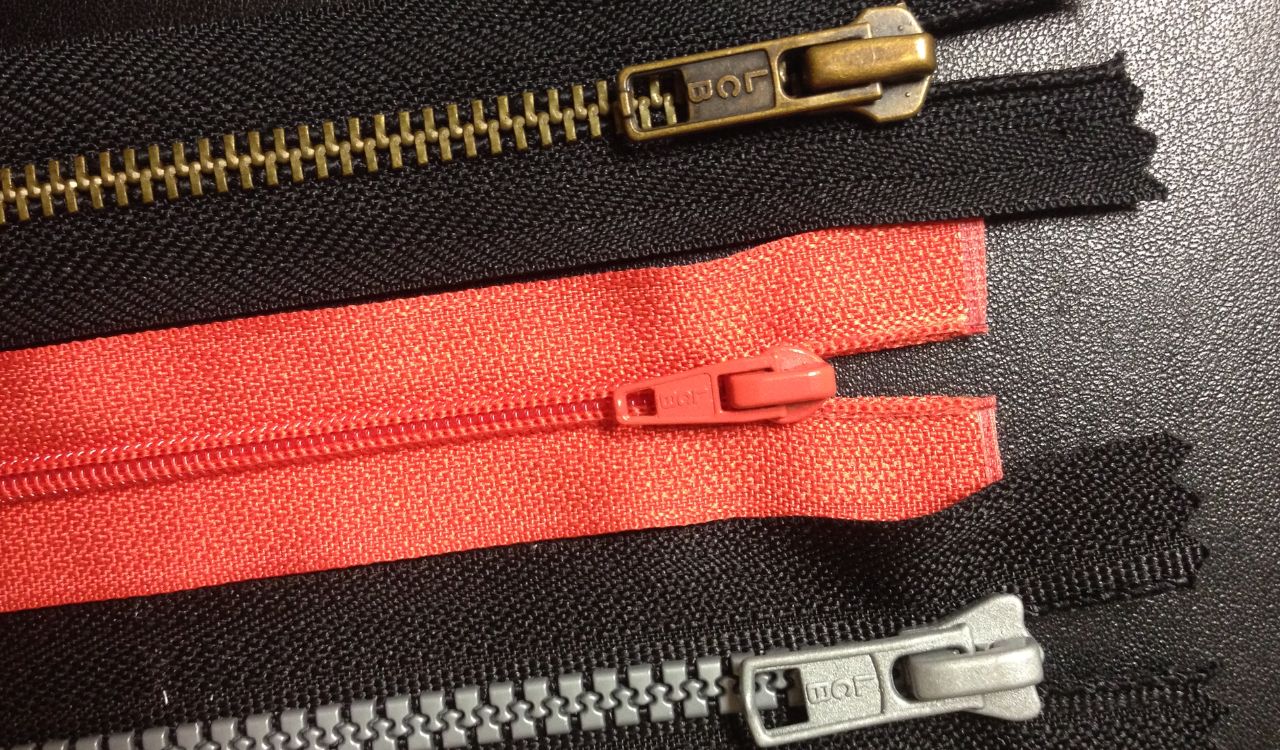
Secure every bag you carry with strong zippers or combination locks, especially when using public transport or sleeping in shared spaces. A zippered pocket is much harder to access than an open one, and a lock can deter casual theft. If you’re staying in hostels, bring your own padlock to secure lockers. When possible, use bags with lockable compartments. These small barriers make a big difference, forcing potential thieves to work harder or give up altogether. A little effort now can save you from a big loss later.
Divide and Hide Your Money
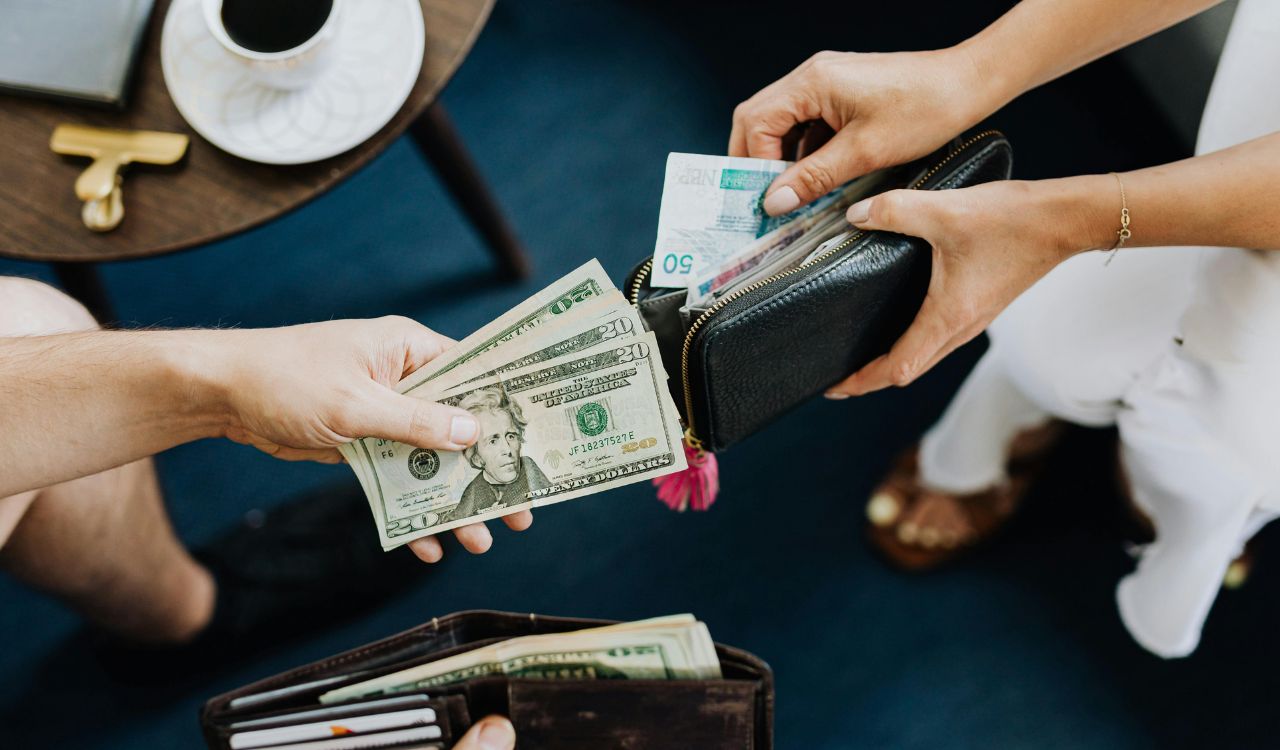
Never carry all your money or cards in one place. Divide your cash between different spots—some in your wallet, some in your backpack, and a little tucked away in a hidden pocket or pouch. This way, if one stash is lost or stolen, you won’t be left stranded. Use items like a travel belt with hidden compartments, socks with zippers, or even decoy containers. Keep only what you need for the day on you, and leave the rest locked up in your room. A well-planned stash strategy brings peace of mind.
Avoid Public Wi-Fi and Charging Stations
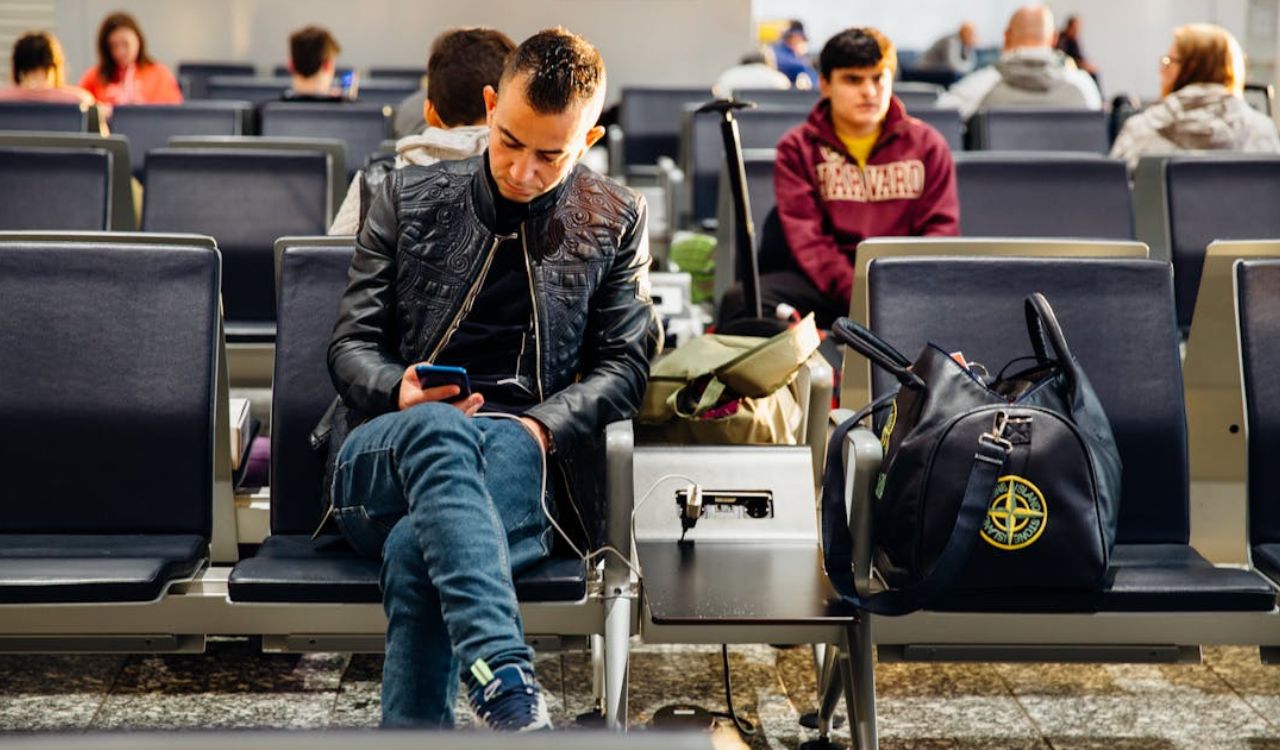
Using public Wi-Fi or unknown charging stations can put your data at risk. Hackers can intercept sensitive information through unsecured networks. Instead, use your mobile data or a secure VPN when browsing online or logging into bank accounts. Carry a portable power bank to avoid plugging into unknown charging ports, which may be tampered with. It’s not just your physical valuables that need protection—your digital identity is just as important when traveling in today’s connected world.
Inform Your Bank Before Traveling
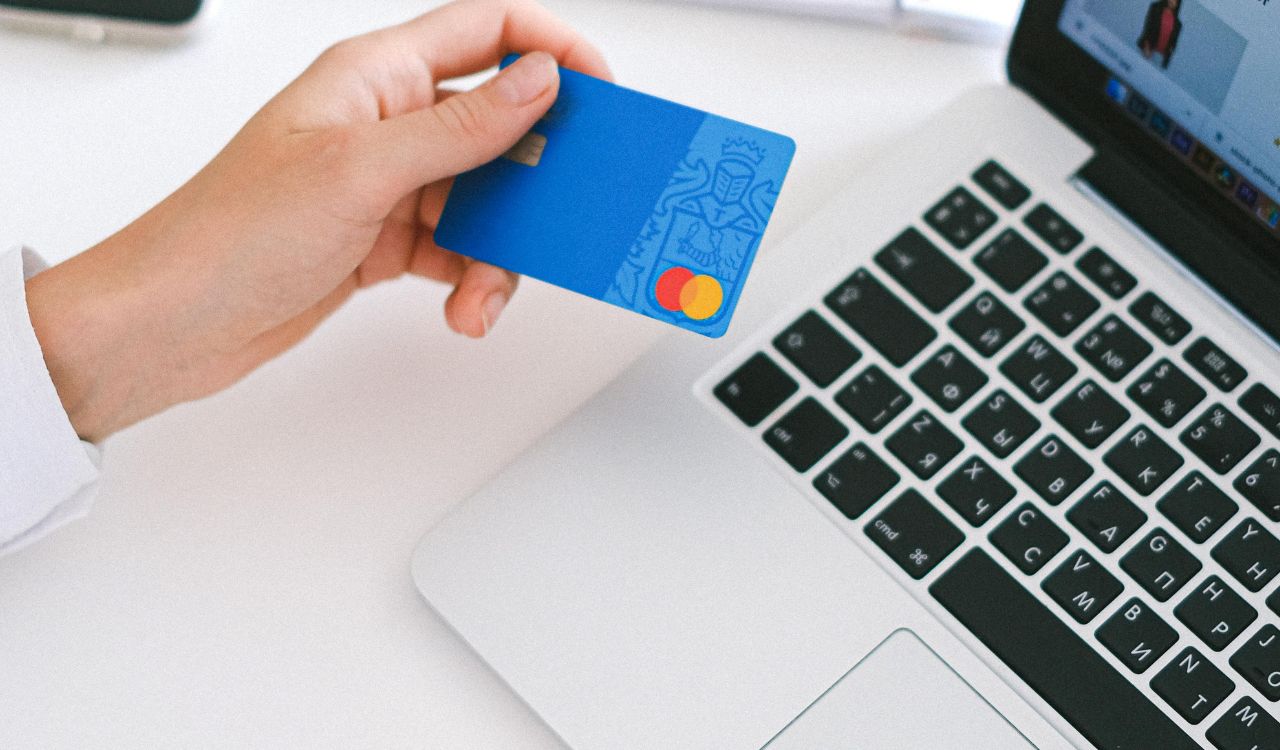
Before you leave, notify your bank about your travel dates and destinations. This prevents your card from being frozen due to suspicious activity when used abroad. Setting a daily withdrawal limit can also protect your account if your card is lost or stolen. Keep a list of your bank’s international contact numbers, and know how to lock or cancel your card quickly. These simple steps ensure you can still access funds while traveling and reduce the risk of financial headaches far from home.
Carry Multiple Payment Types
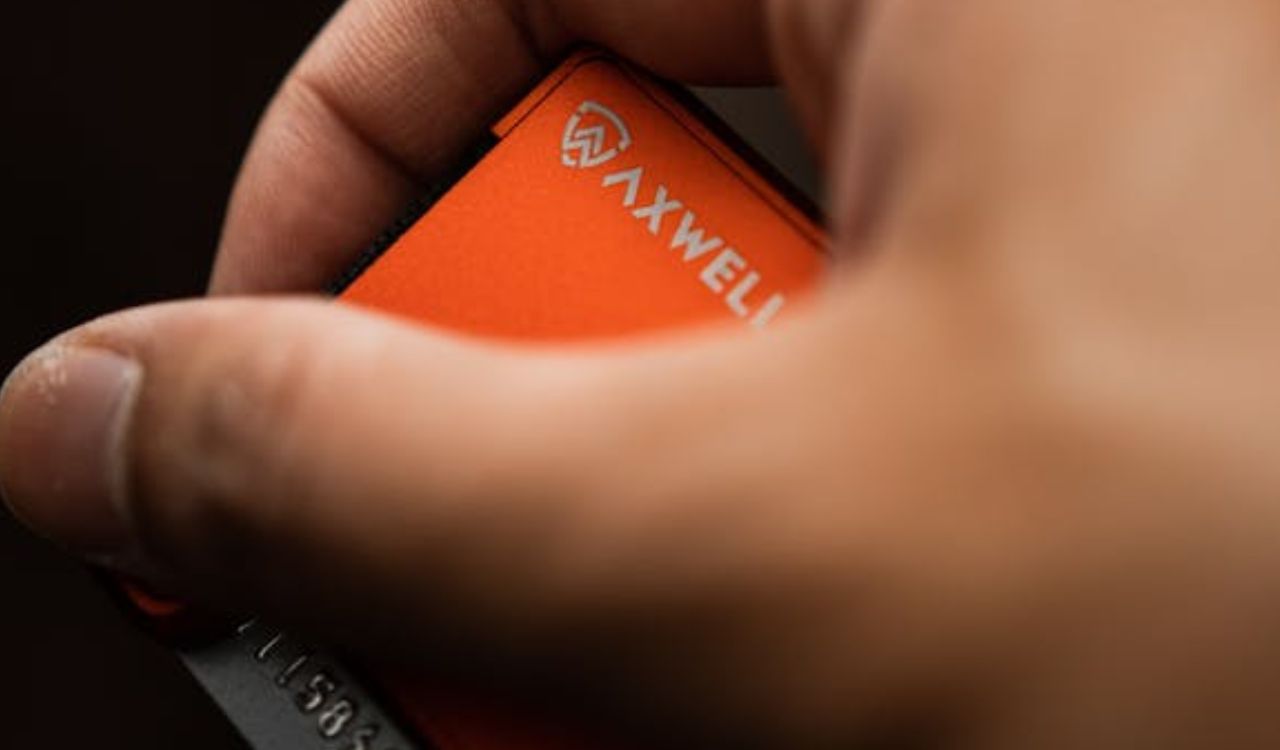
Don’t rely on just one form of payment. Carry a combination of cash, credit or debit cards, and a travel card or mobile wallet. Different places accept different methods, and not every location has reliable card machines. Services like Apple Pay or Revolut can be handy, but always keep a backup. If one card gets blocked or lost, you won’t be left without money. Storing your payment options in separate places adds another layer of protection and keeps you prepared for the unexpected.
Back Up Important Documents
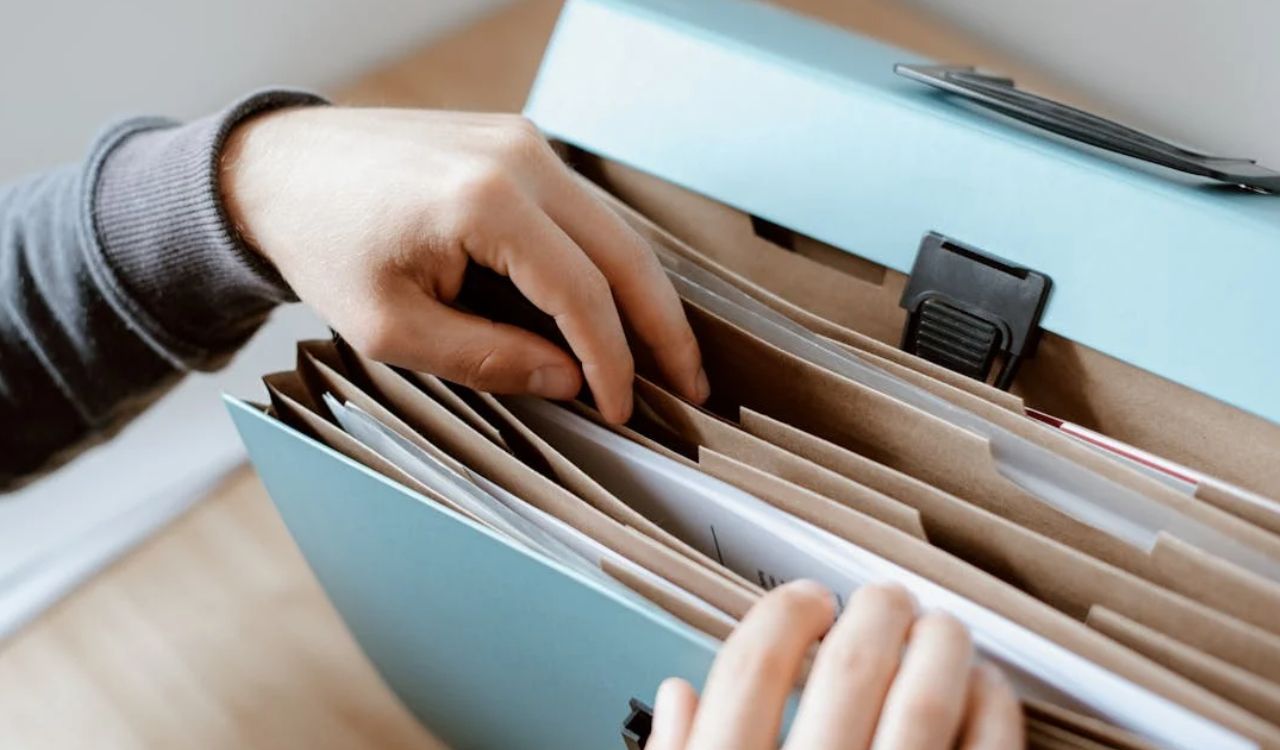
Make digital copies of your passport, ID, and bank cards and store them securely online in encrypted cloud storage or password-protected apps. Print a hard copy as well, just in case you lose access to your devices. These backups can help you prove your identity or cancel cards quickly if your wallet is lost or stolen. Having access to key information—even in a foreign country—can turn a potential travel disaster into a manageable situation. Don’t wait until it’s too late to prepare.
Stay Alert in Public Spaces

Pickpockets and scammers thrive in crowded tourist areas where distractions are everywhere. Stay aware of your surroundings, especially when someone bumps into you or offers unsolicited help. Avoid using headphones or staring at your phone when walking through busy areas. Keep your bag in front of you and don’t hang anything off the back of your chair. Being alert doesn’t mean being paranoid—it just means paying attention and not making yourself an easy target.
Don’t Advertise Your Valuables

Try not to draw attention to your wealth. Avoid showing off expensive electronics, jewelry, or large amounts of cash in public. Flashing your valuables can make you a target for theft. Keep things discreet—take photos quickly and put your phone or camera away. If you need to count money, do it discreetly. Dressing simply and blending in with the crowd helps you avoid unwanted attention and lets you enjoy your trip with fewer worries.
Use Safes and Creative Hiding Spots
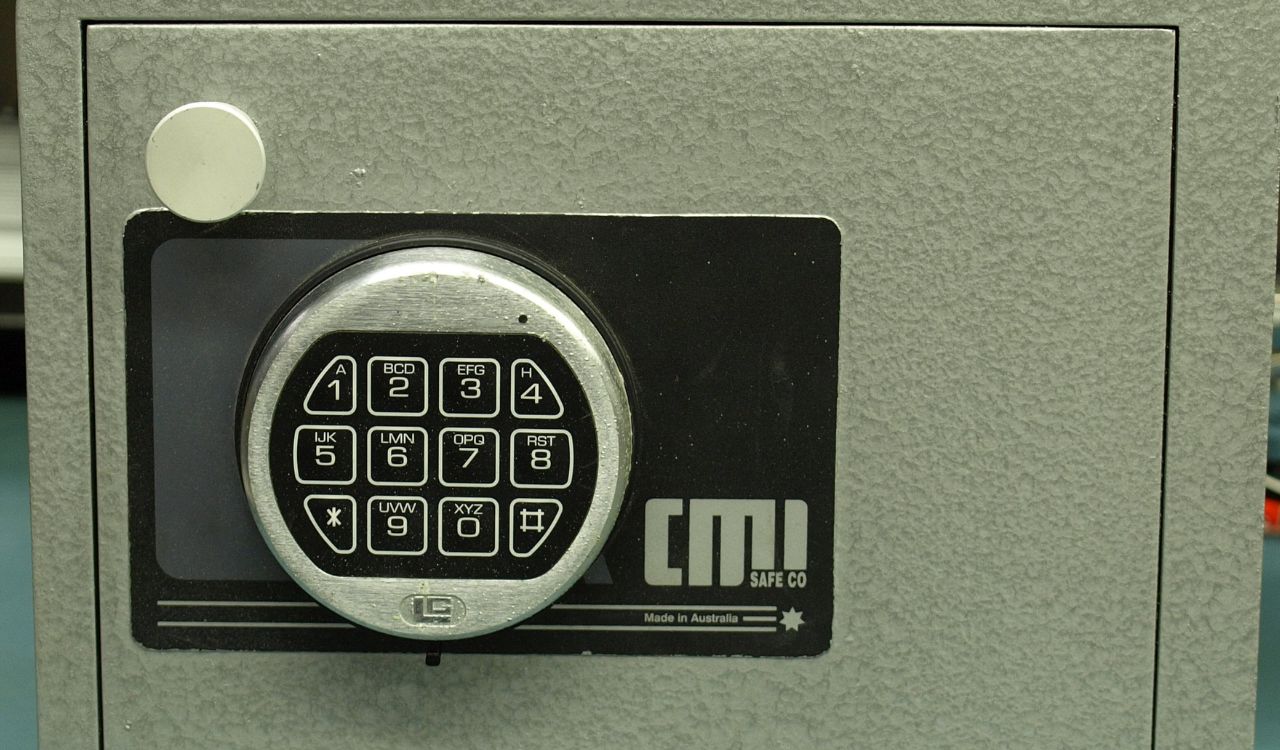
Whenever possible, use a room safe to store valuables. If there’s no safe, get creative—hide items inside a sock, a sealed food bag in the fridge, or under a drawer. Never leave everything out in plain sight. Lock away anything you’re not carrying, and always bring a small padlock for hostel lockers. A little clever thinking and preparation can keep your items secure, even in shared accommodations or unexpected situations.
Carry a Dummy Wallet
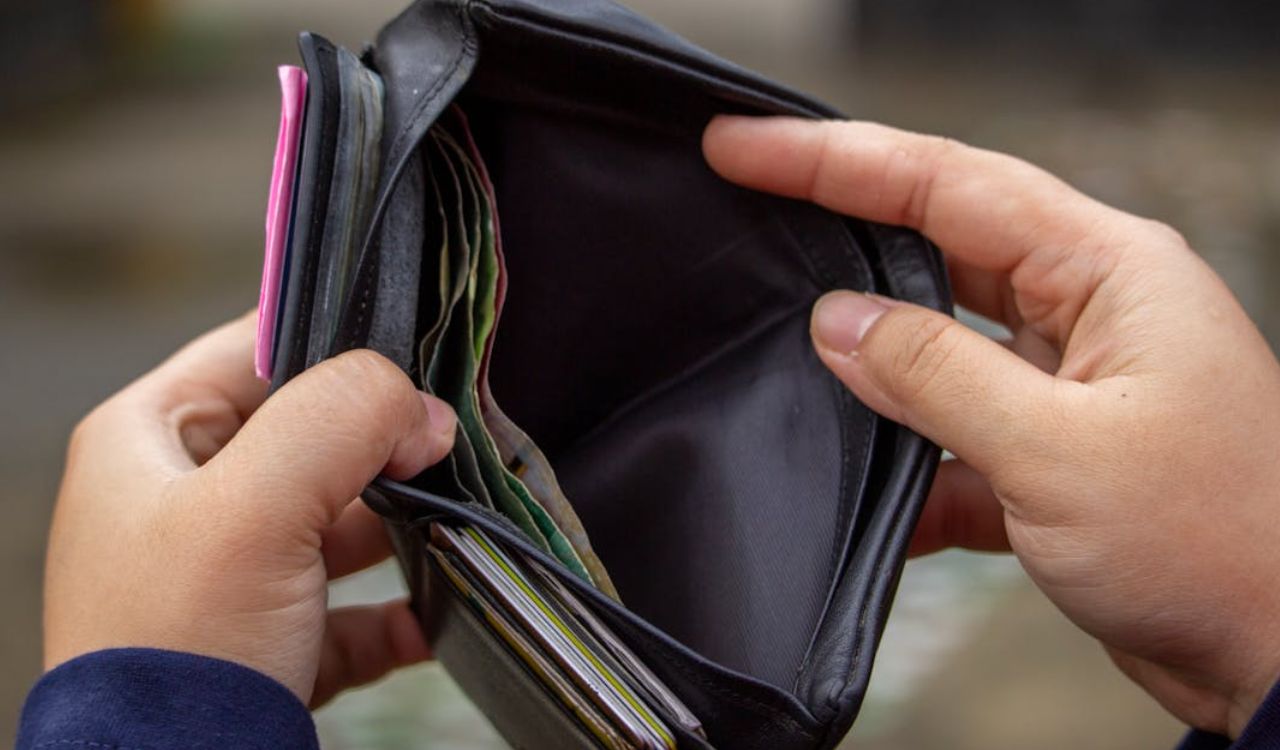
In places where theft is common, carrying a decoy wallet can be a smart move. Stock it with a small amount of cash and a few expired cards. If someone tries to rob you, handing over the dummy may prevent them from digging deeper or becoming aggressive. Meanwhile, your real wallet stays hidden and protected. It’s a simple trick, but one that could save you from both financial loss and danger in high-risk areas.
Avoid Giving Money to Beggars
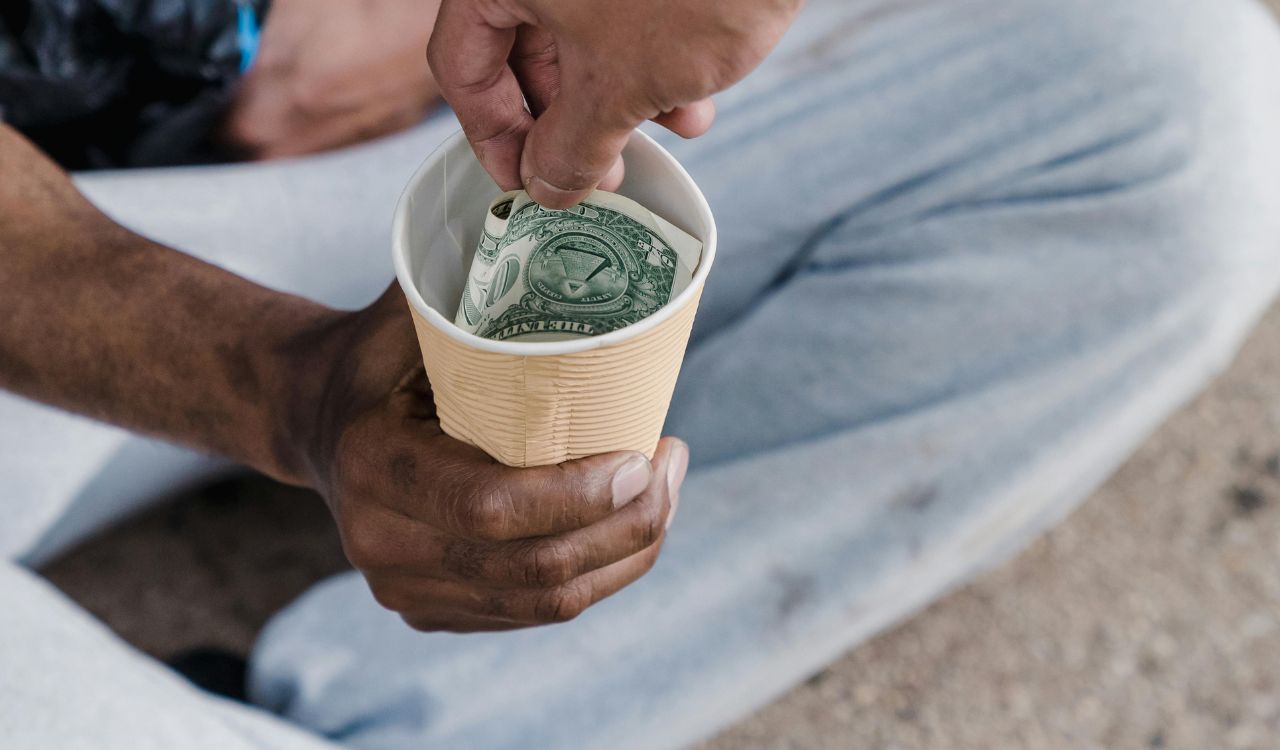
It’s natural to want to help, but giving money on the street can attract the wrong kind of attention. In some places, this act can signal that you’re carrying cash and make you a target for pickpockets or scams. Instead of handing out money, consider donating to local organizations or volunteering your time in a structured way. Staying cautious doesn’t mean you’re unkind—it just means you’re protecting yourself and choosing safer ways to give back.
Know Local Emergency Contacts
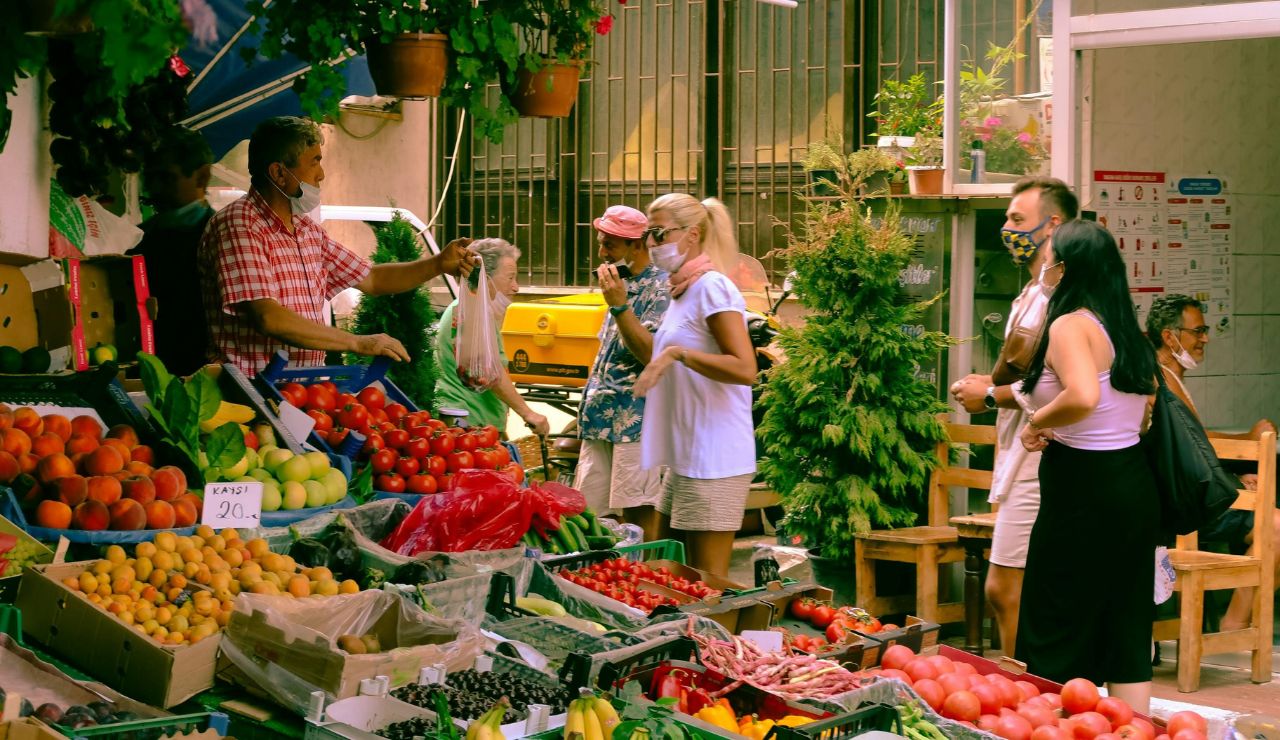
Before you travel, take a few minutes to save key local numbers: police, your country’s embassy, and your bank’s fraud hotline. You’ll be glad you have them if anything goes wrong. It’s also smart to write these down on paper in case your phone dies or gets stolen. Being able to act fast in an emergency can limit the damage and help you get back on track quickly. Don’t rely solely on memory or internet access in stressful moments.
Trust Your Instincts and Be Cautious

If something feels off, it probably is. Whether it’s a sketchy street, a pushy stranger, or a too-good-to-be-true offer, don’t ignore your gut feeling. Being cautious doesn’t mean you can’t enjoy yourself—it just means using common sense. Stay in well-lit areas at night, say no when you feel uncomfortable, and don’t hesitate to leave a situation if it seems risky. Your instincts are one of your best tools for staying safe on the go.